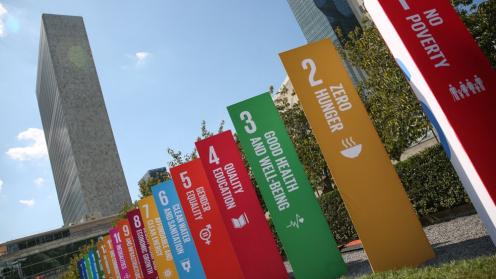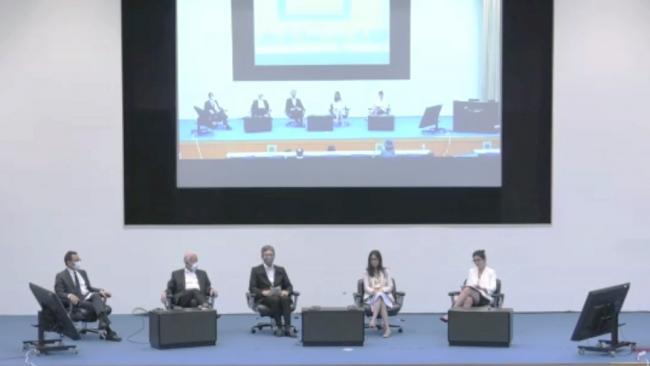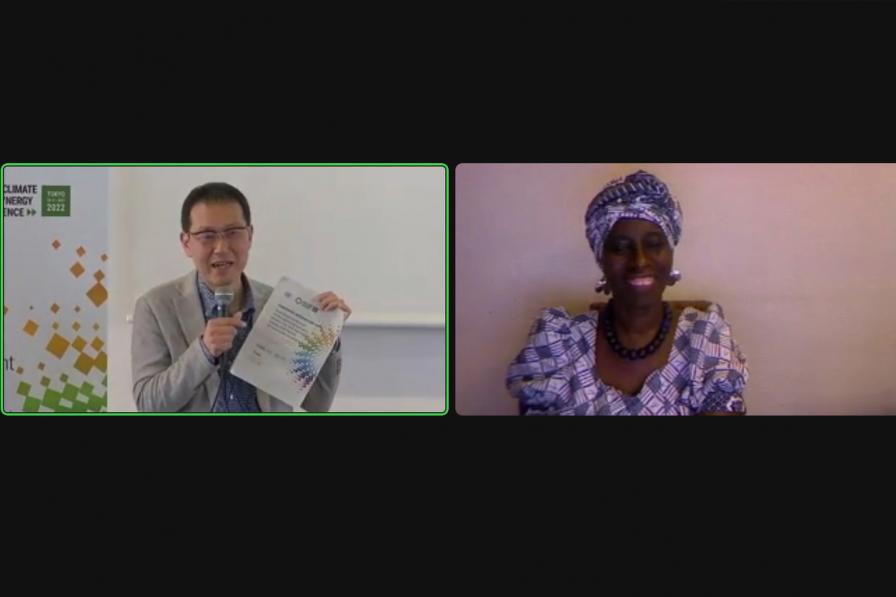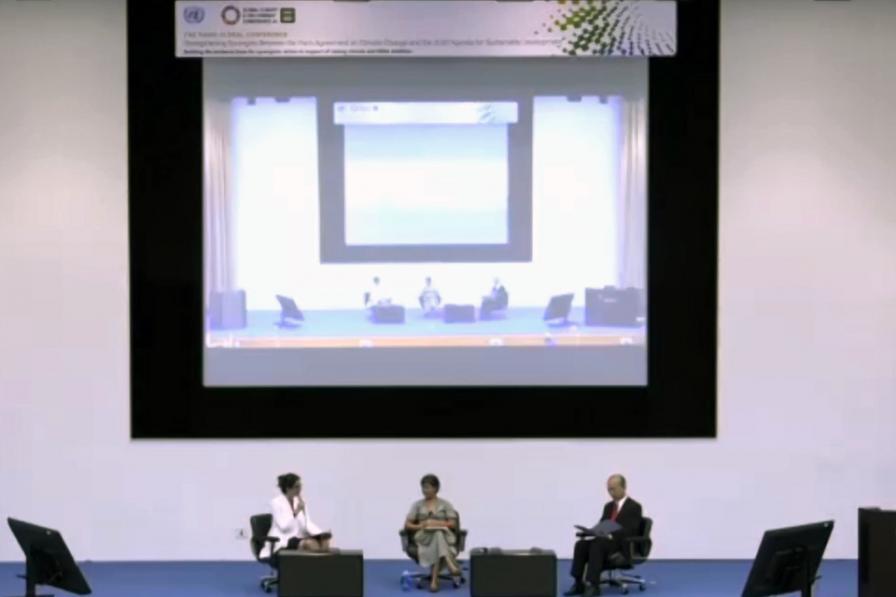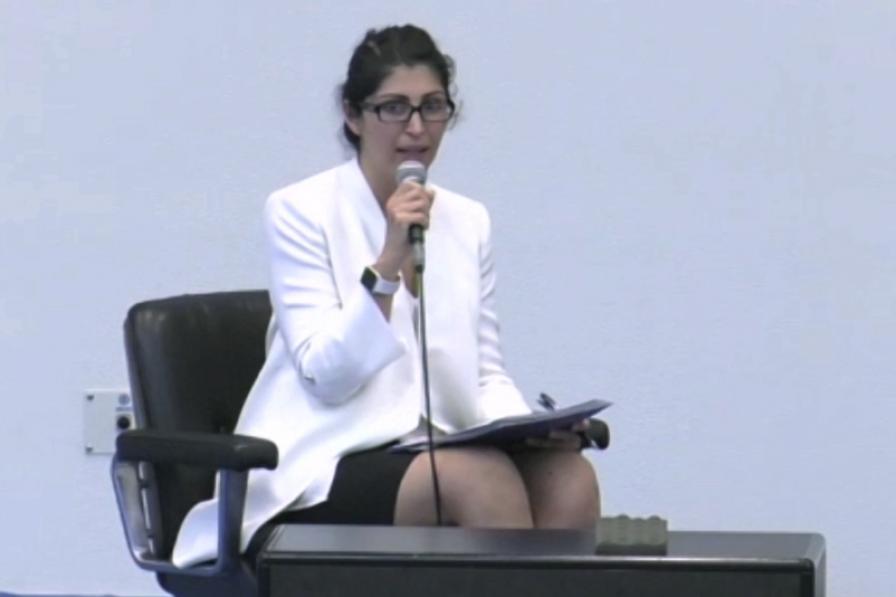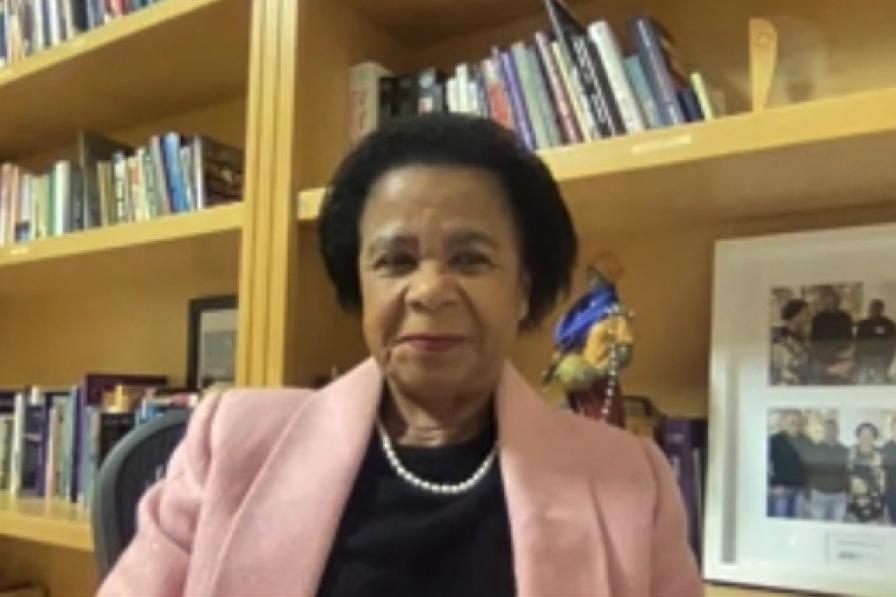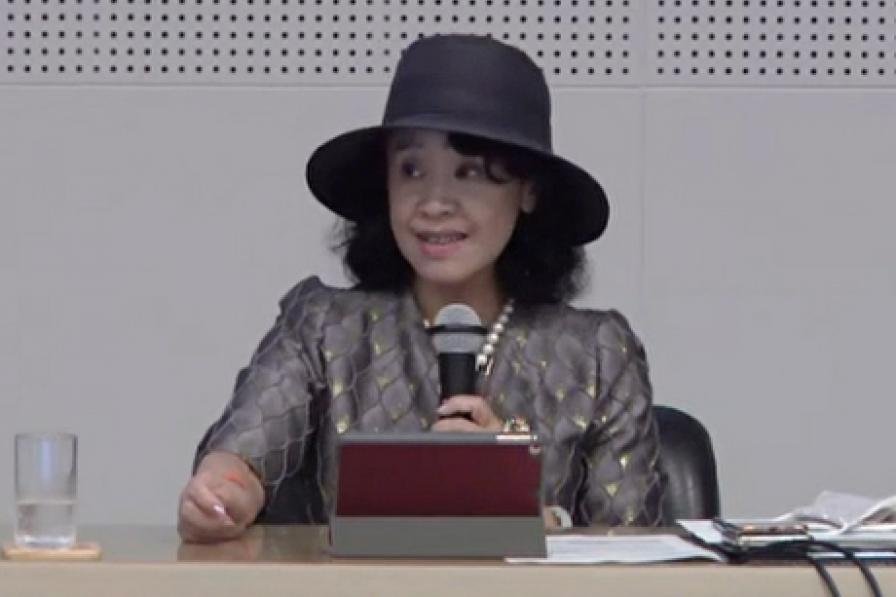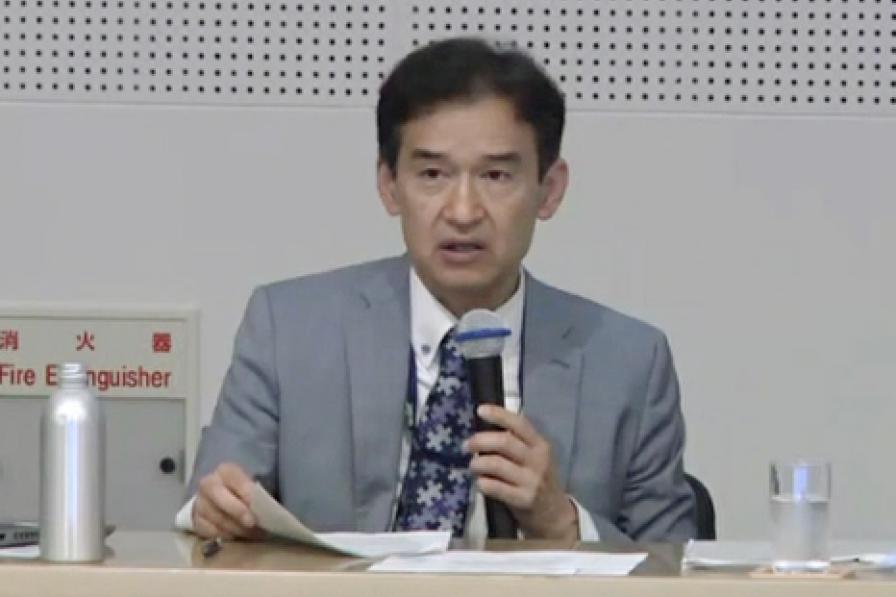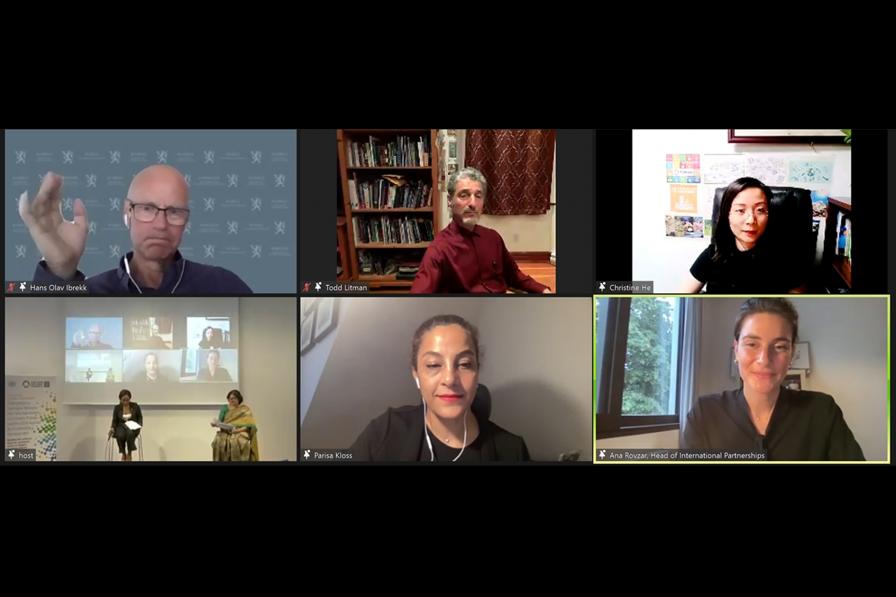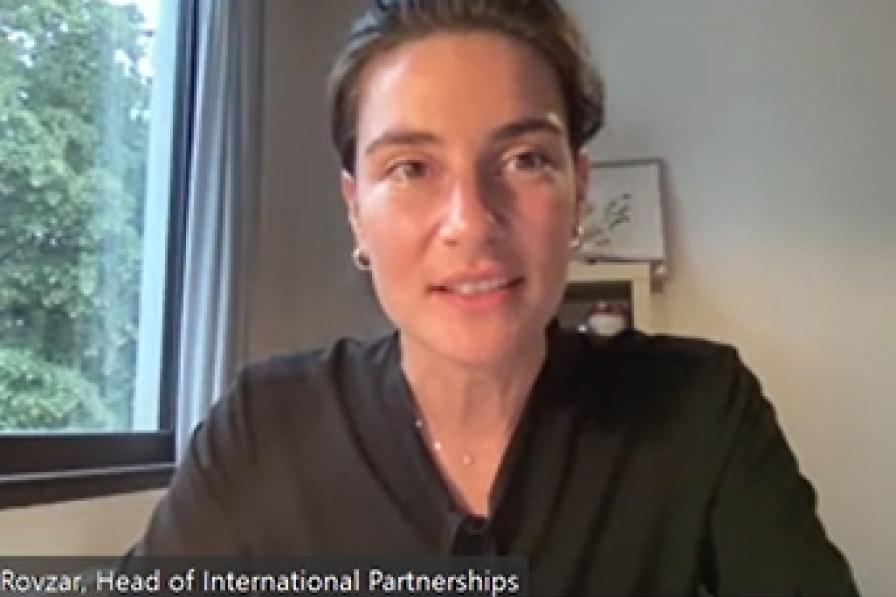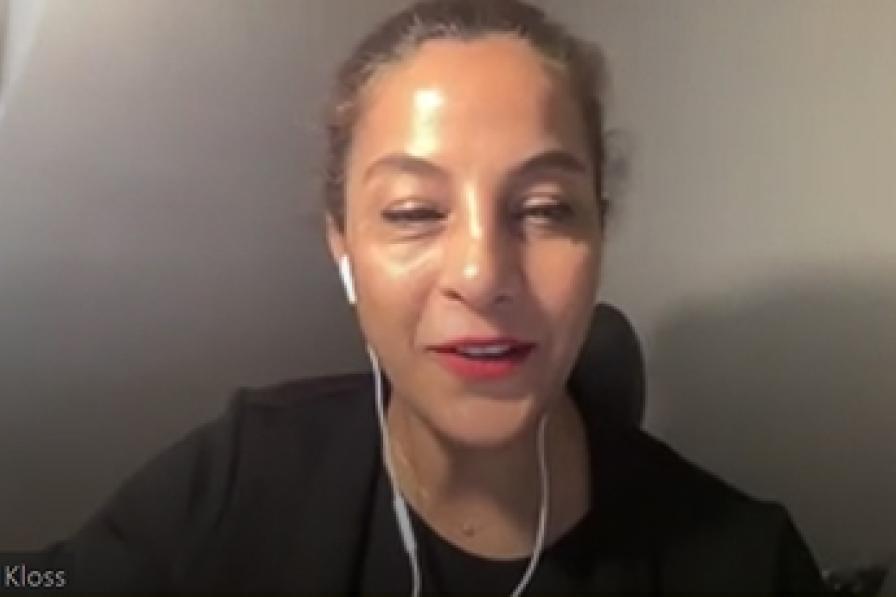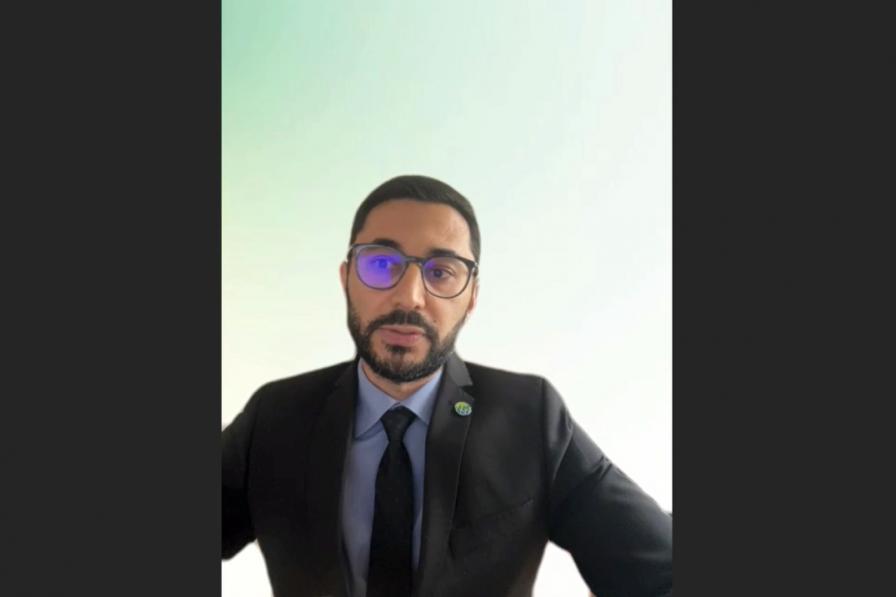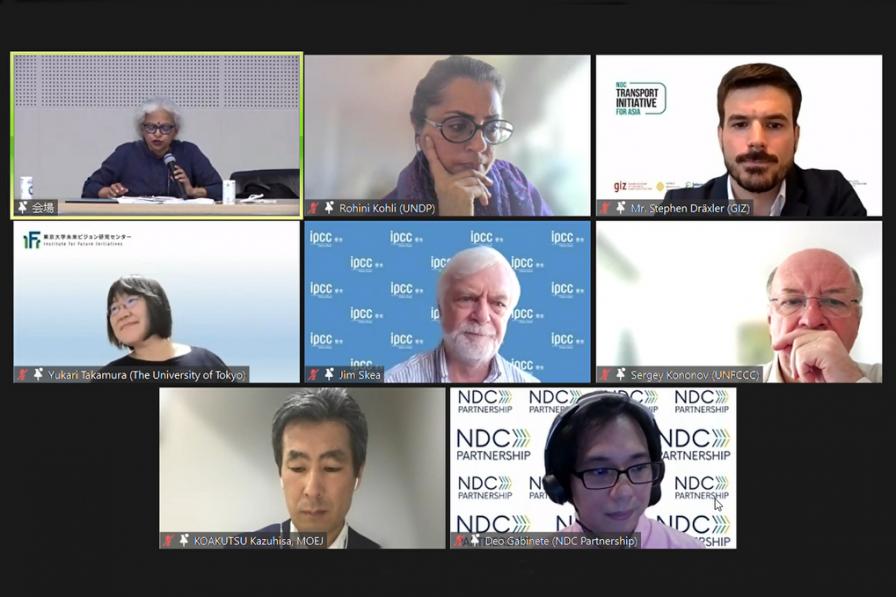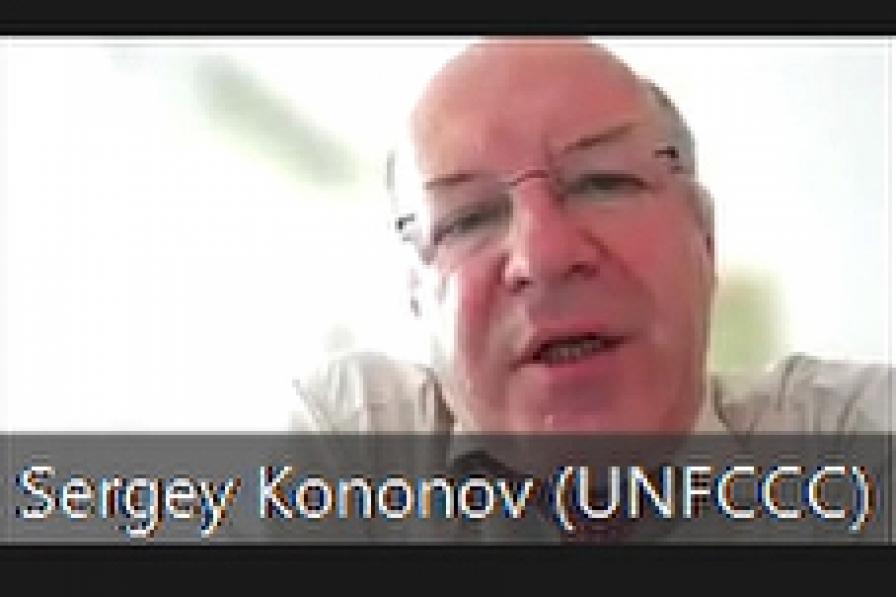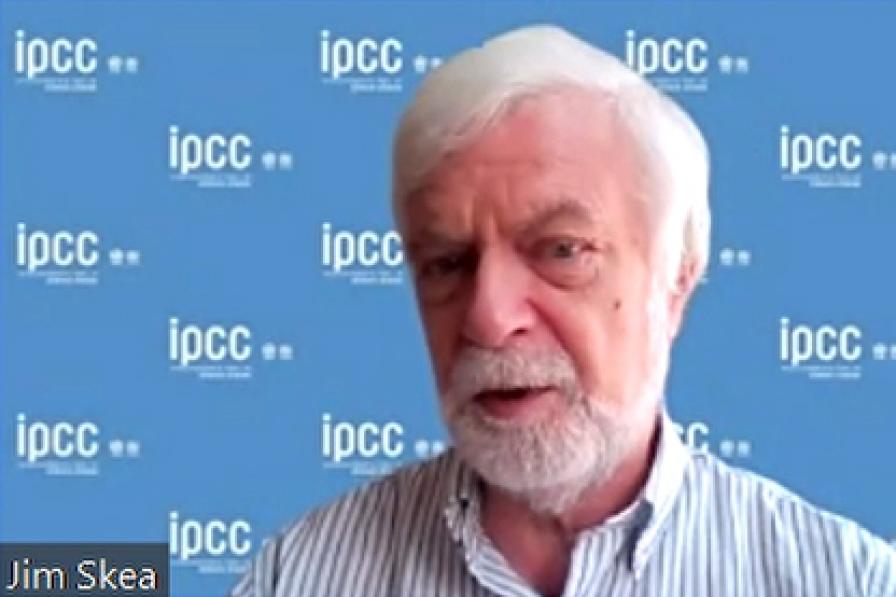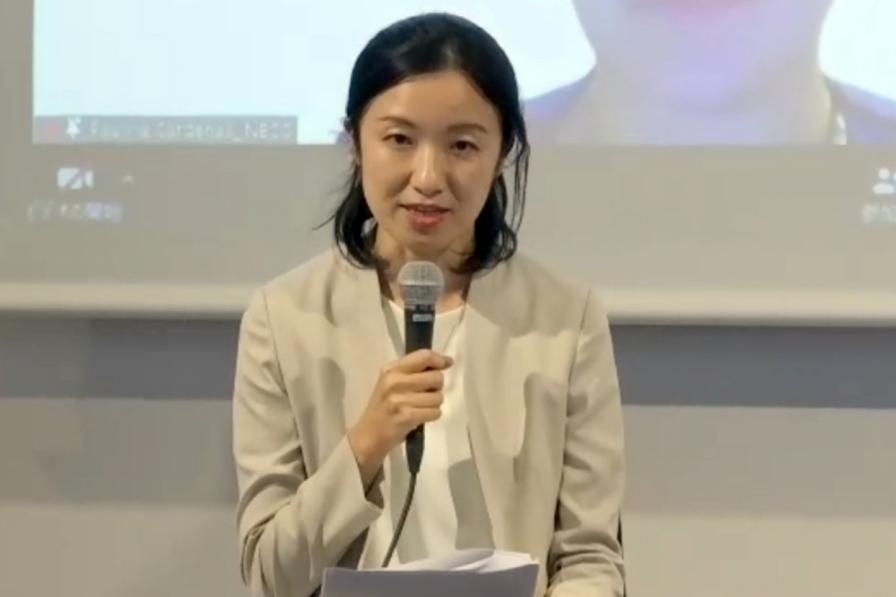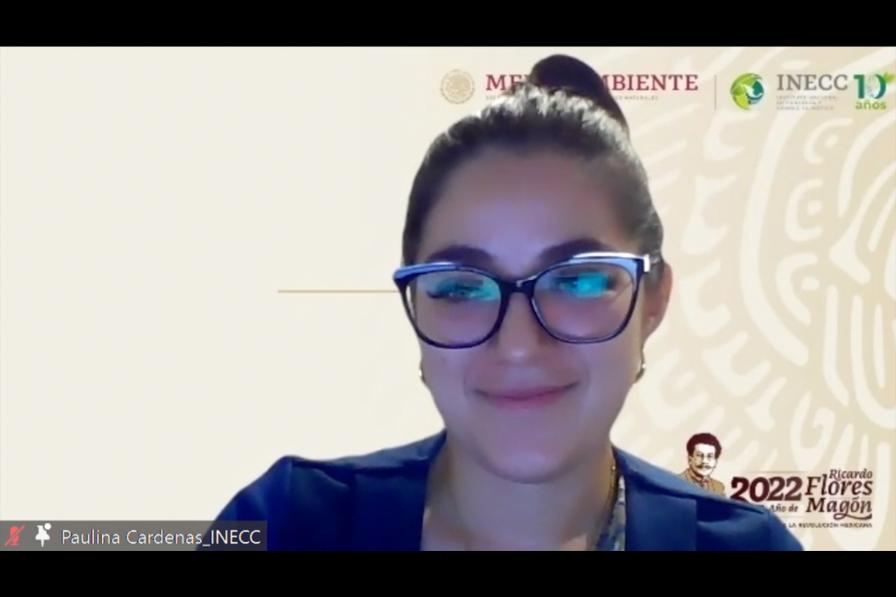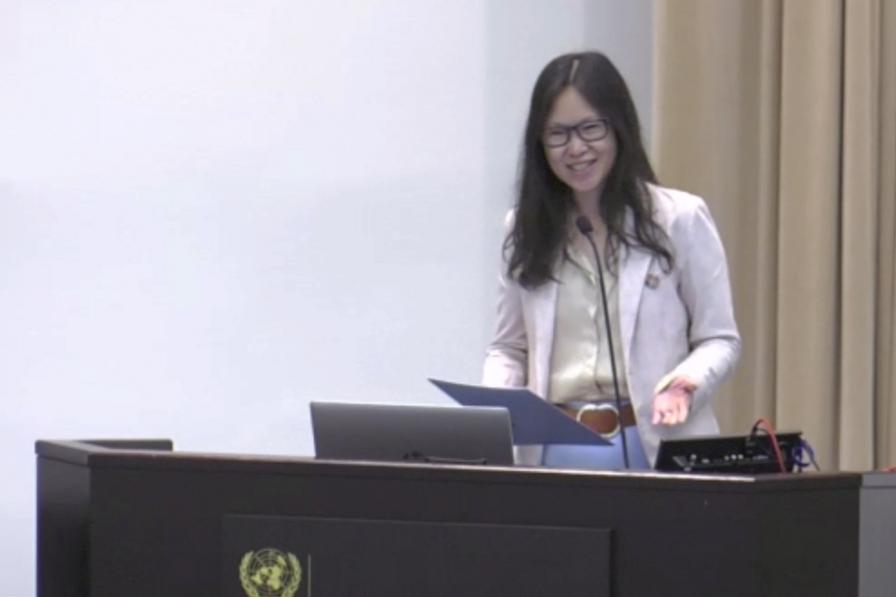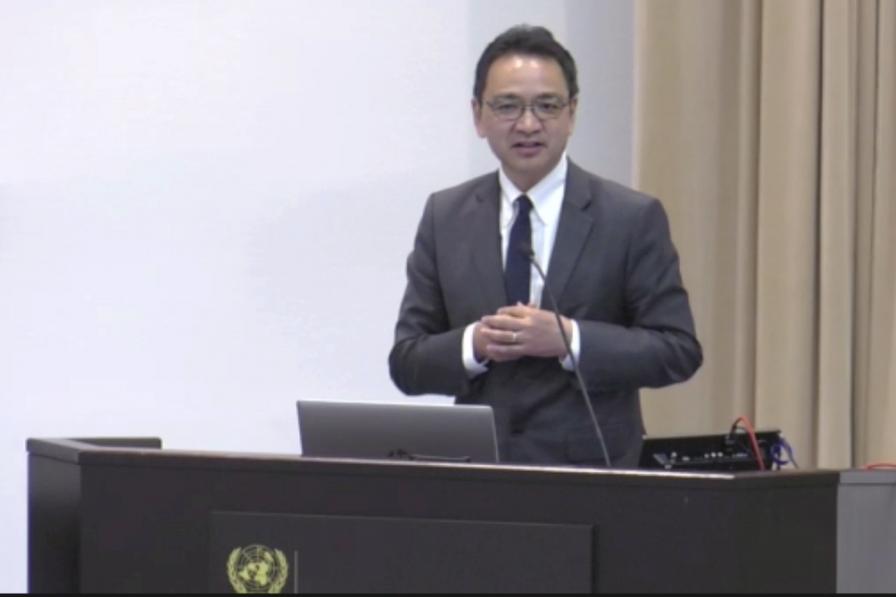Practical concerns with respect to implementation—including financing, partnerships, and monitoring—were among the topics discussed on the second day of the synergies conference. In an opening “fireside chat,” Jinichi Fujino, Principal Research and Program Director, Institute for Global Environmental Strategies (IGES), discussed with Sheila Oparaocha, Executive Director, ENERGIA Network, key issues to be addressed by the conference. They noted the need for boldness, partnerships, and multi-stakeholder collective actions that address the interlinkages between the climate agenda and the Sustainable Development Goals (SDGs).
Participants then discussed, in six parallel sessions: implementing a nexus approach; ensuring just transitions; forging partnerships; financing, technology, and innovation; climate-SDG synergies and co-benefits; and measurement, reporting, and verification.
Hans Olav Ibrekk, Special Envoy on Climate and Security, Norway, stressed that no nation can be secure without addressing the climate crisis.
Doris Edem Agbevivi, Energy Commission of Ghana, highlighted the need for developing climate action plans, based on understanding the issues on the ground, that are paired with strategic implementation plans.
On measurement, reporting, and verification, Zitouni Ould-Dada, Food and Agriculture Organization of the UN (FAO), said the process should enable collaboration beyond data collection and measurements, pointing to the need for a balance between food production and environmental sustainability.
Speakers from the Green Climate Fund, the Climate Policy Initiative, and Climate Analytics presented perspectives on the state of climate financing. They highlighted that climate finance is increasing, but still amounts to less than environmentally-harmful subsidies.
Yukari Takamura, Professor, Institute for Future Initiatives, Japan, suggested the World Bank and regional development banks could lead the way to model how climate and SDG synergies can be accounted for in projects they fund. They discussed how best to mobilize public participation in defining policies to promote such synergies.
Other participants delved into infrastructure, knowledge and funding needs. For example, Shinobu Yume Yamaguchi, Director, United Nations University, identified knowledge gaps regarding synergies and trade-offs in important climate action areas such as transport, industry, and agriculture. Venkatachalam Anbumozhi, Economic Research Institute for the Association of South East Asian Nations (ASEAN) and East Asia, Indonesia, called for a nexus approach to technology, finance, and innovation.
On implementing a nexus approach, Mamphela Ramphele, Co-President of the Club of Rome, said “transformation” is not possible in a world based on competition and divisions between the haves and have-nots. Other speakers highlighted issues related to public health, biodiversity, renewable energy, and sustainable cities.
In the closing session, youth representatives presented their proposal to delegates on “Designing a New Norm for a Sustainable Society Through Synergistic Strategy.” They requested including their proposal in major outcomes of climate, biodiversity, and sustainable development conferences and meetings.
During the wrap-up, Bahareh Seyedi, Senior Sustainable Development Officer, UN Department of Economic and Social Affairs (UN DESA), reported that 2000 people from 100 countries had participated online during the two-day conference, which took place as a hybrid event.
In closing remarks, Hiroshi Ono, Vice-Minister, Ministry of Environment, Japan, stated that market mechanisms could help harmonize action on both climate and SDG targets. He pledged to connect these conference outcomes with the G7 and other processes.
Kazuhiko Takeuchi, President, IGES, noted the need for a paradigm that integrates the concepts of planetary boundaries to save the world from current and future environmental and health crises.
Minoru Takada, Team Leader, Sustainable Energy, UN DESA, thanked the co-conveners and all participants.
The conference closed at 6.07 pm JST.
To receive free coverage of global environmental events delivered to your inbox, subscribe to the ENB Update newsletter.
